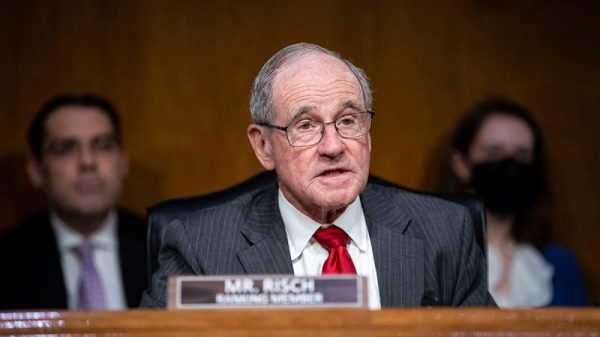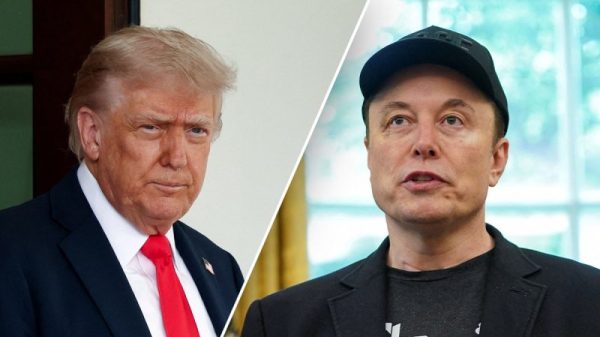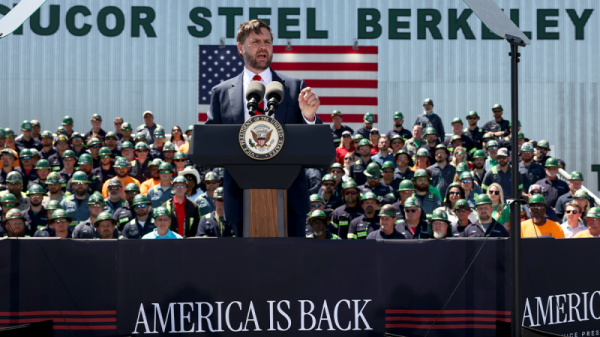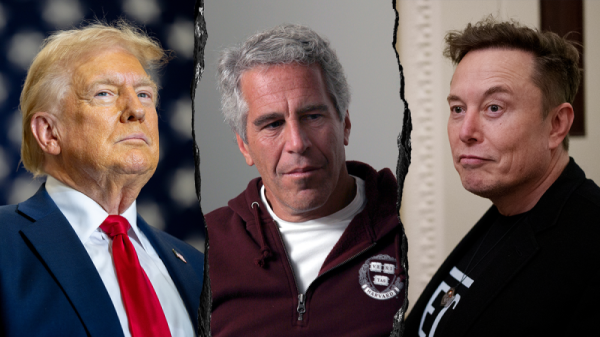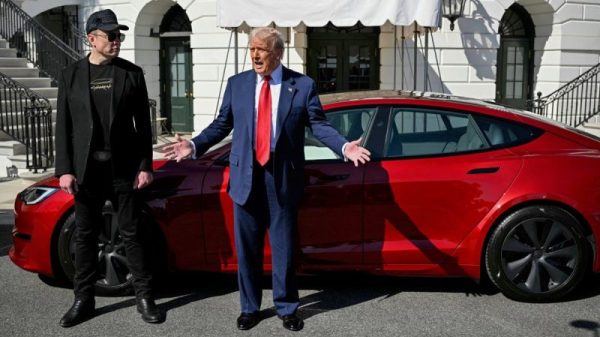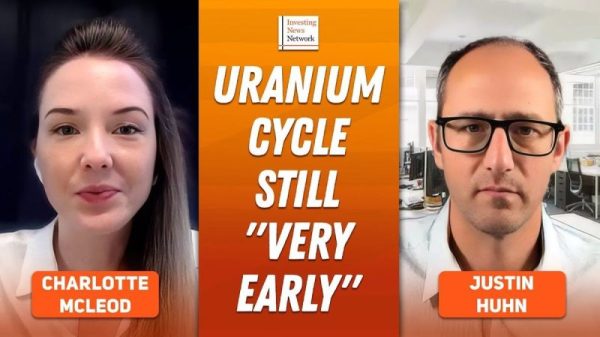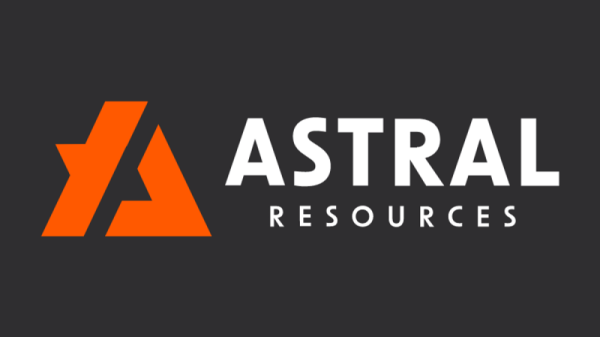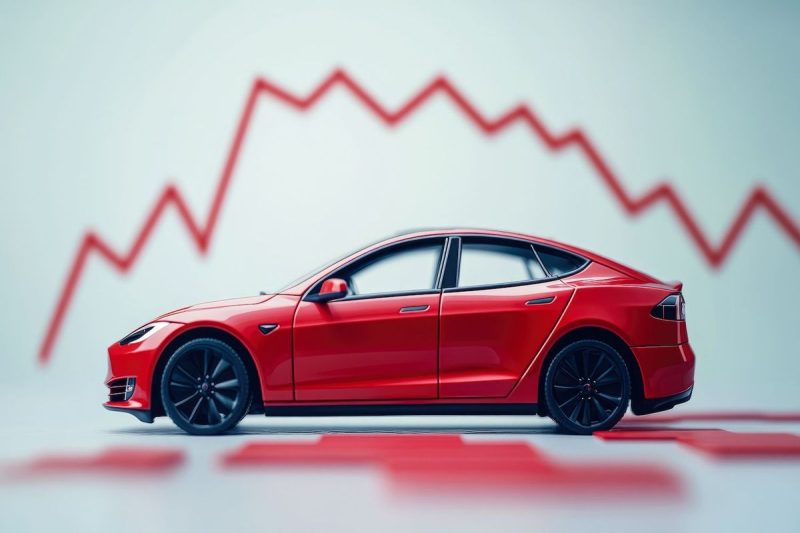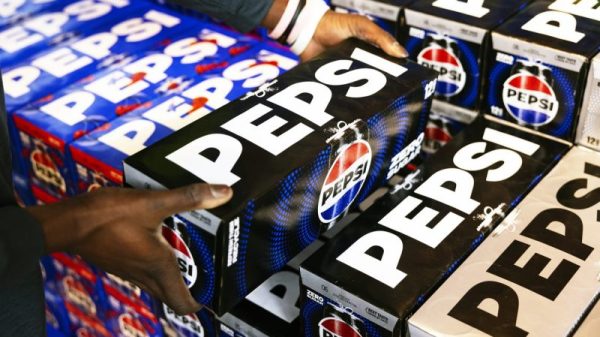The global auto sector is under strain as China’s tightened export controls on rare earths begin to ripple across supply chains, shutting down parts production and forcing carmakers to brace for deeper disruptions.
The export curbs, imposed in April in response to US tariffs under President Donald Trump, are now triggering operational slowdowns and halts from Europe to Japan, with suppliers and automakers sounding the alarm.
The European Association of Automotive Suppliers (CLEPA) confirmed this week that several supplier plants in the region have already ceased production due to depleted inventories of rare earths and related magnets.
These materials are critical to both electric and internal combustion engine vehicles, and CLEPA has warned that more shutdowns are imminent if the situation remains unresolved. The group notes that while hundreds of export license applications have been submitted to Chinese authorities, only about a quarter have been approved so far.
“With a deeply intertwined global supply chain, China’s export restrictions are already shutting down production in Europe’s supplier sector,” said CLEPA Secretary General Benjamin Krieger in a statement.
The German Association of the Automotive Industry (VDA), which represents the country’s powerful car manufacturing lobby, echoed this concern in comments made this week.
“The Chinese export restrictions on rare earths are a serious challenge for the security of supply, and not just in the automotive supply chains,” VDA President Hildegard Müller told CNBC in an email.
“If the situation does not change quickly, production delays and even production stoppages can no longer be ruled out.”
China’s commerce ministry began implementing stricter export controls in early April, requiring suppliers of rare earth elements and high-performance magnets to obtain special licenses for overseas shipments.
The process has proven slow, opaque and burdensome, with applications running into the hundreds of pages. According to customs data, exports of rare earth magnets from China halved in April.
The policy has escalated a broader trade conflict between the world’s two largest economies.
Trump imposed tariffs as high as 145 percent on Chinese imports earlier this year in an attempt to rebalance trade flows and revive domestic manufacturing. After initial market backlash, some of those tariffs were scaled back, but China’s retaliatory move to weaponize its dominance of the critical minerals supply chain has reopened the standoff.
“US-based automotive production may have to halt production now because of shortages caused by China of high-performance permanent rare earth magnets,” warned Mark A. Smith, CEO of NioCorp Developments (NASDAQ:NB).
Smith said China is the world’s only source of processed heavy rare earths and holds complete leverage in this domain.
“The only real solution is to accelerate production in the US of these strategic materials and reduce our current dependence on China,” he added in a statement issued by his company this week.
The White House has not publicly commented on the situation, though expectations are high that Trump and Chinese President Xi Jinping will address the export curbs in an upcoming conversation.
In a social media post on Wednesday (June 4), Trump called Xi “VERY TOUGH, AND EXTREMELY HARD TO MAKE A DEAL WITH,” reflecting the fragile state of ongoing trade negotiations.
Analysts have long warned that overreliance on China for critical minerals — including the rare earths needed in wind turbines, electric vehicles, semiconductors and military systems — poses both economic and security risks.
Currently, China accounts for nearly 90 percent of global rare earths refining and 60 percent of rare earths mining.
As governments and companies scramble to shore up supply chains, the rare earths crisis has become emblematic of the vulnerabilities built into the green energy transition — and the geopolitical risks of concentrated supply.
With no immediate end in sight, the global auto sector may be facing the early stages of a protracted disruption.
Securities Disclosure: I, Giann Liguid, hold no direct investment interest in any company mentioned in this article.

